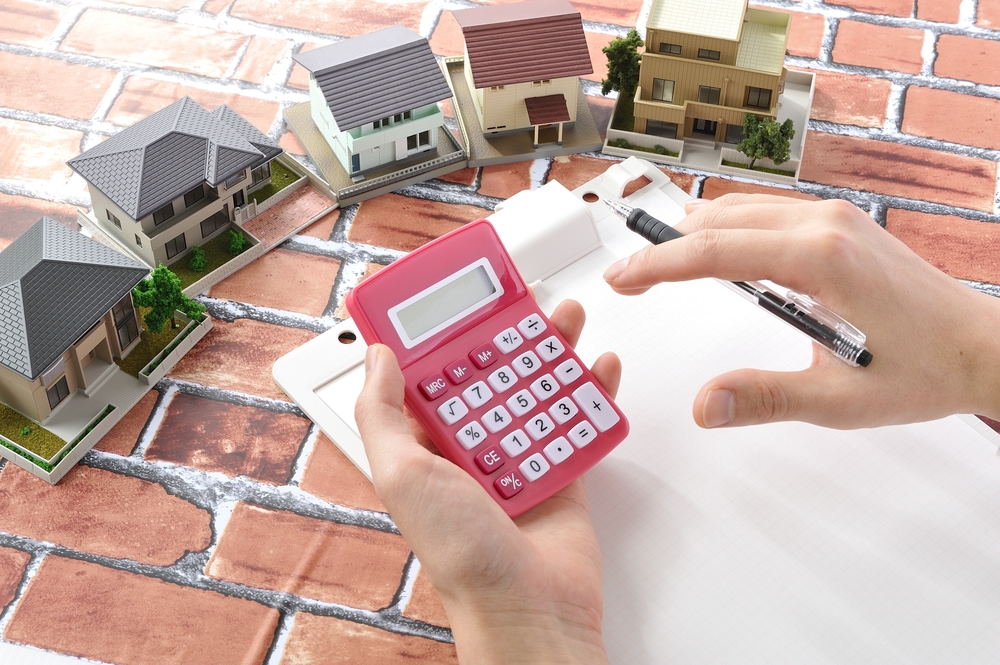Financing property without a mortgage: the advantages
In general, it should be the safest way to finance a property without a mortgage if it does not tie up all of your liquid funds. In most cases, however, it is not possible to finance the dream property with your own funds, because it is simply too expensive and so much savings are not available. The interest on a mortgage is currently very low, but of course a mortgage always involves the commitment to borrowed capital, that? Bought? becomes. This purchase works through the interest that is payable in addition to the actual purchase price of the property. This can be more or less expensive depending on the current interest rate situation.
Anyone who finances the property without a mortgage therefore does not deliver any additional money to the bank, but invests everything in the property. Critics may say that the money can be invested more profitably in the capital market, so that the return is higher than the interest to be paid. That may be correct, but there is always the risk of default on the capital market to consider. Those who invest their money and thus take a risk can also lose. This in turn means that there is significantly less equity available and the property also has to be financed with a mortgage. Nice dividends are possible, but associated with high risk and price fluctuations.
Disadvantages of financing a property through a mortgage
The advantages of financing a property with equity already explain the disadvantages of financing with a mortgage. Above all, the bank earns money here, because the interest rates, which vary depending on the creditworthiness and term of the mortgage, add up to many thousands of francs, for which the bank does nothing more than provide the desired money. Financing the property with a mortgage provides a certain amount of financial leeway. The saved capital can flow into further investments that are related to the property, so there are no financial shortcomings in terms of repair and renovation costs or costs for the initial furnishing of the newly built house. Without a mortgage, therefore, less money is tied up, although the long-term nature of the tied up capital can be a problem.
Financing the property with a mortgage can have another disadvantage: the age of the mortgagee. After a certain age, the banks are very reluctant to grant a loan because they assume that the person in question may no longer be able to make the repayment. Most people over 60 are viewed critically. Then, in turn, significantly more collateral is required with which to cushion the eventual payment default.
Conclusion: Good arguments for financing with a mortgage
Even if a mortgage is tied to the bank and interest has to be paid, which makes the property more expensive, this way is often cheaper or even the only way to buy your own apartment or house. The equity is available for other expenses, and there is usually not enough of your own capital to cover the purchase price, additional fees and even set-up costs without running into another financial bottleneck.







